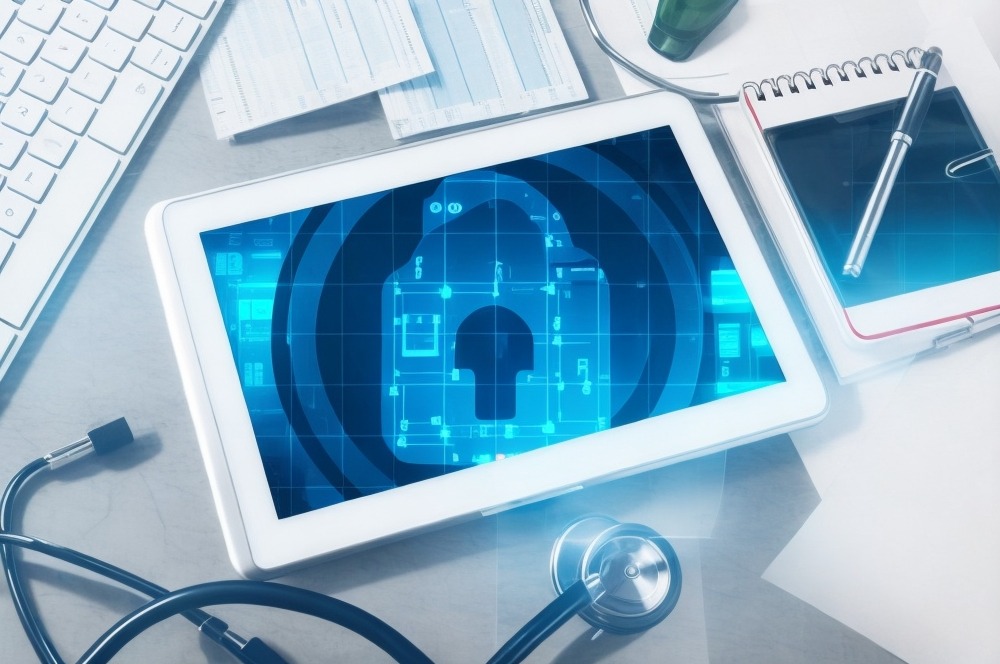Welcome to our comprehensive guide on best practices for healthcare data security. In today’s digital age, the protection of sensitive information is of utmost importance, especially in the healthcare industry. This article will provide you with valuable insights into understanding healthcare data security, implementing best practices, complying with HIPAA regulations, choosing secure medical supply companies, and emphasizing the significance of prioritizing data security. Let’s dive in!
Understanding Healthcare Data Security

Healthcare data security refers to the measures and protocols put in place to safeguard sensitive medical information. It involves protecting patient data, such as medical records, personal details, and billing information, from unauthorized access, use, and disclosure. With the increasing reliance on electronic health records (EHRs) and digital systems, healthcare organizations must understand the risks and consequences of data breaches.
A data breach can have severe repercussions, both for individuals and healthcare institutions. It can lead to identity theft, insurance fraud, medical identity theft, and financial loss. Moreover, healthcare organizations may suffer reputational damage, legal implications, and financial penalties.
While we often associate data breaches with healthcare providers, medical supply companies are also vulnerable to such incidents. These companies play a vital role in the industry, supplying medical equipment, devices, and pharmaceuticals. However, they also store sensitive information about their customers, healthcare providers, and patients. Therefore, it is crucial for medical supply companies to prioritize data security to maintain trust and protect valuable data.
Best Practices for Protecting Healthcare Data

Implementing strong access controls is a fundamental best practice for healthcare data security. This involves granting access to sensitive data only to authorized individuals. By implementing strict user authentication measures, such as strong passwords and multi-factor authentication, healthcare organizations can significantly reduce the risk of unauthorized access and potential data breaches.
Another essential practice is encrypting sensitive data. Encryption involves rendering data unreadable unless decrypted with a specific key. This ensures that even if data is compromised, it remains incomprehensible to unauthorized individuals. Medical supply companies, in particular, should prioritize encryption to protect the valuable information they store, such as customer and patient data.
Regularly updating and patching systems is another critical step in healthcare data security. Software vulnerabilities are a common entry point for cyber attackers. By promptly applying system updates and patches, healthcare organizations can address known vulnerabilities and reduce the risk of exploitation.
Conducting employee training on data security is essential for creating a culture of security within healthcare organizations. Employees should be educated about the importance of data protection, including best practices for handling sensitive information, recognizing phishing attempts, and understanding their role in maintaining data security. This applies not only to healthcare providers but also to the employees of medical supply companies who handle sensitive data.
Compliance with HIPAA Regulations
The Health Insurance Portability and Accountability Act (HIPAA) sets forth regulations and standards for safeguarding protected health information (PHI). HIPAA compliance is crucial for healthcare organizations, including medical supply companies, to ensure the security and privacy of patient data.
To achieve compliance with HIPAA regulations, organizations must have policies and procedures in place to protect PHI. They must conduct regular risk assessments, implement administrative, physical, and technical safeguards, and provide ongoing employee training on HIPAA compliance.
Non-compliance with HIPAA can have severe consequences. Healthcare organizations, including medical supply companies, may face substantial financial penalties, reputational damage, and legal action. It is, therefore, imperative for organizations to prioritize compliance and take necessary measures to secure sensitive data.
Choosing Secure Medical Supply Companies
When selecting medical supply companies, healthcare providers must prioritize security and data protection. Trustworthy vendors are those that prioritize data security and have robust measures in place to safeguard sensitive information.
When evaluating a medical supply company’s data security measures, there are several factors to consider. These include the strength of their network infrastructure, the use of encryption and secure transmission protocols, compliance with industry standards like HIPAA, and their track record in handling data security incidents.
Additionally, healthcare providers should ask potential vendors about their data security practices. Some important questions to consider include how they protect customer and patient data, whether they conduct regular security audits, how they respond to data breaches, and what measures they have in place to ensure data integrity and confidentiality.
A case study that highlights the benefits of choosing the right medical supply company can further emphasize the importance of data security. By partnering with a reputable vendor that prioritizes data protection, a healthcare provider was able to enhance its overall security posture, protect patient information, and maintain compliance with HIPAA regulations.
Conclusion
In conclusion, healthcare data security is of paramount importance in today’s interconnected world. By understanding the risks and consequences of data breaches, implementing best practices, complying with HIPAA regulations, and choosing secure medical supply companies, healthcare organizations can protect sensitive information and maintain the trust of their patients and customers. Prioritizing data security is not only a legal and ethical responsibility but also a necessary step to safeguard the healthcare industry as a whole.
Remember, whether you are a healthcare provider or a medical supply company, your role in securing medical supplies and patient information is pivotal. Stay informed, stay proactive, and stay secure!



